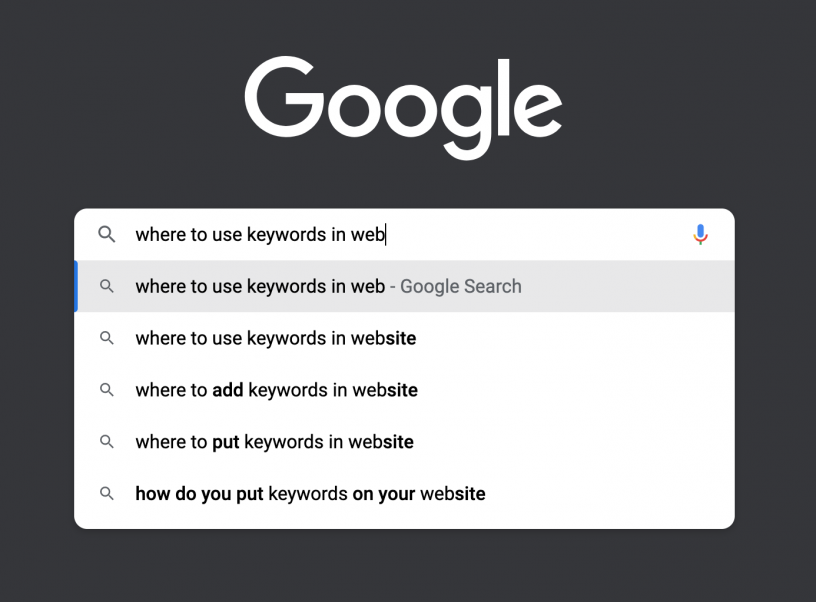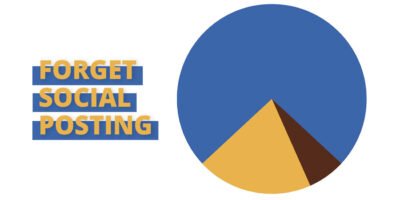It is hard to give a flat answer to how to do keyword research. In this post, however, I will give it a try anyway.
Why is it difficult?
Let’s say I want to prepare one keyword list for one direction. I explain ‘direction’ in a second.
Keyword research (when I do it for a client) involves two things:
- Goals: Before starting, I must discuss goals and directions with the client.
- Research: I have to do hours of actual research work.
we need to know what we want to rank for in search engines.
How keyword research is done depends on how many topics you’re focusing on:
– Are you targeting just one topic?
– Or are there several?
To get started, we need to clarify three key aspects: expressions, objectives, and direction.
Expressions
What specific phrases or keywords do we want to rank for in search engines?
For example, if you want to rank for “catering services,” that would be one of your target expressions.
Objectives
What’s the goal of this keyword research?
– Are we using it for paid ads?
– Or do we want to optimise our website and Google Business profile?
It’s important to define at least one objective. For example, we might decide we want our website to rank for these keywords.
Direction
What direction are we aiming for in terms of search engine ranking?
For example, are we looking to attract people searching for “catering services for large corporations in Auckland”?
This gives us a clear target: we want to appear on the first page of Google for this specific search.
The above example is specific enough; it gives us an excellent base to start our keyword research.
Now that we know, we have the direction for the first keyword research and the tools to look for keywords and key phrases on this topic (we want to rank with our website) it is time to start preparing our list.
When you do proper keyword research, you could end up with a list of hundreds of expressions.
Even one topic can generate a log list.
Looking at this long list of words in your excel sheet, you could ask:
Which keywords to select for the website?
What keywords are the right ones?
You have to go through this long list of expressions and select the ones that are
- relevant to our business,
- have a large amount of monthly traffic (i.e., enough people searching for this expression),
- low competition,
- I also look at seasonal data, how the search trend for a particular keyword has changed in the last 3 months, and YOY.
I use software for this.
You could use the combination of Google sheets, Google Keyword Planner tool, and Google Search to perform keyword research.
Here are some free tools to do your keyword research:
Google Search, Google Keywords Planner, Google Trends, Facebook groups, Online Forums and Competitor Analysis.
This is all “manual” labour, so it will take a lot of time. There are a variety of softwares online you can pay for that will help you analyse vast amounts of data from multiple places online.
Out of hundreds of expressions, you want to have a smaller list with 10, max. 15 words and phrases. Include these on a page you want to optimise.
Where to put keywords on the website?
I would include these words:
- in H1-H3 headings on my website (H1 is crucial, but there must only be one H1 title per landing page).
- in the meta description on my pages.
- in the title tag.
- in image Alt descriptions.
- in the Google Business description.
- in the Google Business products description.
- I will also double-check my Google Business categories to check if I have relevant categories added to my profile. If not, I would add more secondary categories.
Also, I would be thinking about rewriting the body content on my website. Including these expressions in the body of the text is a great idea.
It is keyword implementation in a nutshell.
I could have elaborated a lot more.
SEO is a long-term game.
It takes time.
For immediate results, I would do a Google Ads Campaign. It varies by the campaign, but Ads can bring in results immediately. If you need help with a Google Ads Campaign, get in touch with me.
Follow this blog as I share hands-on marketing tips with readers that I find helpful.
Thank you for reading my post.
I am Shopi.
I provide no B.S. marketing & design for Hospitality Businesses.




